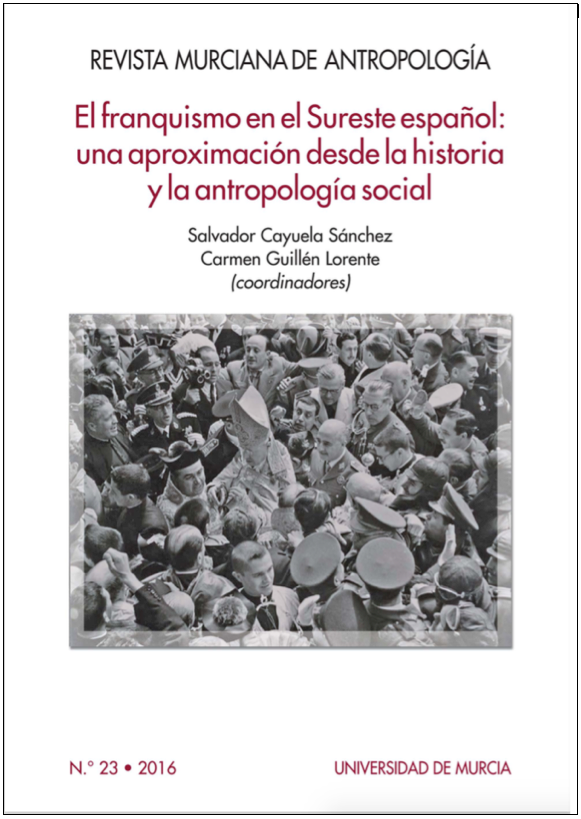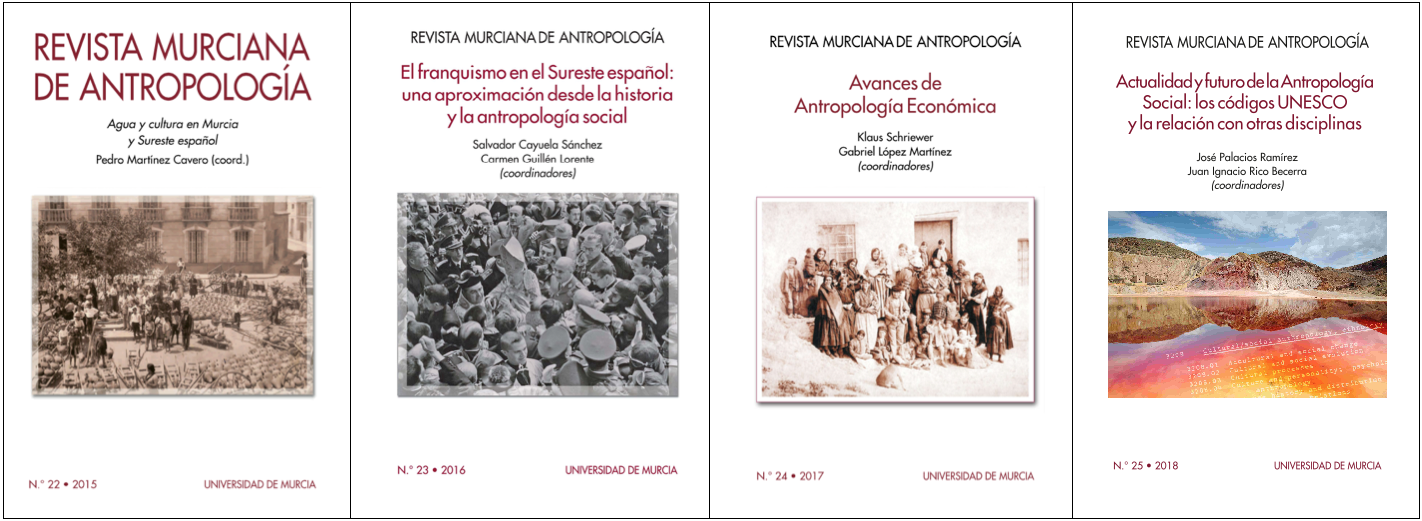Leisure monitoring under Franco’s regime. The teleclubs in the rural area of Cartagena
Abstract
Different texts have been published about the use of leisure time in the towns in the region of Cartagena. This article presents as a novelty the use of oral sources from the «Archive of the Word and Image» at the Municipal Archive of Cartagena. It is also an approximation to the cultural sociability that teleclubs represented during the 60s and 70s in the 20th century. The philosophy of the teleclub could be roughly summarised as an entertainment in exchange for propaganda. The Ministry of Information and Tourism provided a television receiver; at the same time they organised cultural activiities and, concurrently, a good dose of Francoist doctrine was supplied. They amplified the poor cultural offer in the rural areas. They also provided some labour training for the young destined to the industrial and services sector. The teleclubs made evident in their latest period that Spain walked towards democracy, including its towns and villages.
Downloads
Las obras que se publican en esta revista están sujetas a los siguientes términos:
1. El Servicio de Publicaciones de la Universidad de Murcia (la editorial) conserva los derechos patrimoniales (copyright) de las obras publicadas, y favorece y permite la reutilización de las mismas bajo la licencia de uso indicada en el punto 2.
2. Las obras se publican en la edición electrónica de la revista bajo una licencia Creative Commons Reconocimiento-CompartirIgual 4.0 Internacional. Se pueden copiar, usar, difundir, transmitir y exponer públicamente, siempre que: i) se cite la autoría y la fuente original de su publicación (revista, editorial y URL de la obra); ii) se mencione la existencia y especificaciones de esta licencia de uso.
3. Condiciones de auto-archivo. Se permite y se anima a los autores a difundir electrónicamente las versiones pre-print (versión antes de ser evaluada) y/o post-print (versión evaluada y aceptada para su publicación) de sus obras antes de su publicación, ya que favorece su circulación y difusión más temprana y con ello un posible aumento en su citación y alcance entre la comunidad académica. Color RoMEO: verde.














